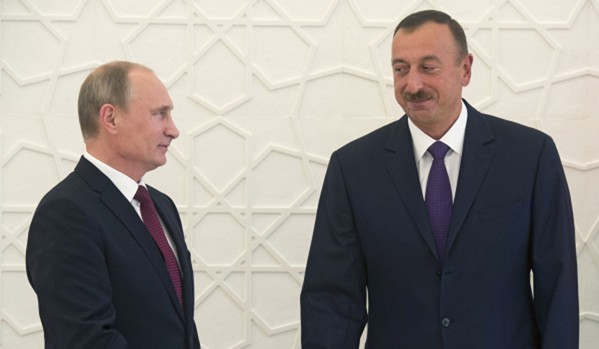
At the invitation of the Georgian government, RSC Senior Analyst David Shahnazaryan attended a two-day international conference in Batumi, Georgia from 10-11 July and delivered a presentation on regional security and public diplomacy. The conference, entitled “Georgia’s European Way,” was opened by the Georgian Prime Minister and Foreign Minister and brought together a number of senior officials and representatives from civil society, as well as leading analysts to “discuss issues related to the implementation of the Association Agreement, including the Deep and Comprehensive Free Trade Area (DCFTA), and the EU-Georgia cooperation agenda ahead of the Eastern Partnership (EaP) 2015 Riga Summit.”
.The conference also addressed the “EU integration process and security and stability challenges in Eastern Europe, the future prospects of cooperation within the Eastern Partnership format, and the implementation of the Georgia’s EU Integration Communication and Information Strategy.”
Shahnazaryan was the only speaker from Armenia and was a panelist on the session devoted to “Public Diplomacy and the Eastern Partnership (EaP). His presentation focused on the sudden change in the Armenian geopolitical landscape, triggered by “the surprise ‘U-Turn’ in Armenian policy on 3 September 2013, when the Armenian president unilaterally sacrificed more than three years of reforms and negotiations with the EU over an Association Agreement, and now is driving Armenia to Custom Union and Eurasian Union.” He then assessed “the impact of that strategic move on four specific levels (for more, see his full presentation attached):
(1) The impact on Armenian security and foreign policy, in terms of new threats to South Caucasus;
(2) The broader impact on South Caucasus regional security, including the impact on the Nagorno-Karabakh conflict and the peace process, the role of Russia as a mediator of the conflict, as well as the main driver of militarization of parties of the conflict, with an added analysis of the potential for “third party” interference in terms of provoking and promoting instability and insecurity in South Caucasus;
(3) Armenian-Georgian relations as a factor of regional stability; and
(4) Specific focus on the role of public diplomacy and civil society within Armenia regarding this new situation and Nagorno-Karabakh conflict peace process.
The conference include four thematic sessions: (1) Towards the Riga Eastern Partnership Summit – Implementation of the Association Agreement, looking at which benchmarks the partners have for the EaP Riga Summit in 2015? (2) Public Diplomacy and the EaP, focusing on how to ensure effective communication of the benefits of EU integration to a wider public? (3) Security and Stability in Central and Eastern Europe, addressing several questions, such as what is security landscape of Eastern and Central Europe? What can be done to secure a peaceful resolution of the crisis in Ukraine? Are other EaP countries under threat? And (4) Europe whole and free: is mission completed?
Attachments:
David Shahnazaryan presentation (English)
David Shahnazaryan presentation (Russian)

